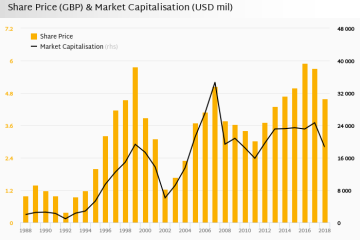Exploring the Timeless Epic of Dune

Introduction to Dune
Dune, written by Frank Herbert and first published in 1965, is often hailed as one of the greatest science fiction novels of all time. Its profound themes of politics, religion, ecology, and human ambition continue to resonate with readers and audiences around the globe. As the recent releases of film adaptations reignite interest in Herbert’s universe, it remains crucial to explore the impact and significance of Dune in both literature and pop culture.
The World of Dune
The narrative of Dune unfolds on the desert planet of Arrakis, the only source of the universe’s most valuable substance: the spice melange. The story follows the journey of Paul Atreides, a young nobleman whose family is entrusted with the stewardship of Arrakis. As rival factions and internal treachery threaten their control, Paul must navigate a complex landscape of power struggles while grappling with his own prophetic destiny.
Recent Adaptations and Cultural Impact
The recent film adaptation directed by Denis Villeneuve has brought renewed attention to the Dune saga. Premiering in late 2021, the movie was met with critical acclaim for its visual storytelling and fidelity to the source material. It successfully attracted a new generation of fans while reminding long-time followers of the depth and richness of Herbert’s work. The film reignited discussions around its core themes, including ecological sustainability, the consequences of colonization, and the interplay of religion and politics.
Thematic Relevance Today
As discussions about climate change and social justice loom larger in contemporary discourse, the themes portrayed in Dune are more relevant than ever. Herbert’s cautionary tale about resource scarcity and ecological collapse serves not only as a thrilling storyline but also as a reflection on current global challenges. Furthermore, the way characters navigate personal and political conflicts offers readers insight into the complexities of leadership and responsibility.
Conclusion
In conclusion, Frank Herbert’s Dune remains a pivotal piece of literature that continues to influence and inspire. With its masterful weaving of complex themes and compelling characters, it is a story that encapsulates the human experience in the face of adversity. As adaptations and new interpretations emerge, Dune’s legacy will likely endure, encouraging discussions about our past and present challenges. Moreover, its relevance emphasizes the importance of storytelling in exploring significant societal issues while captivating audiences across generations.









